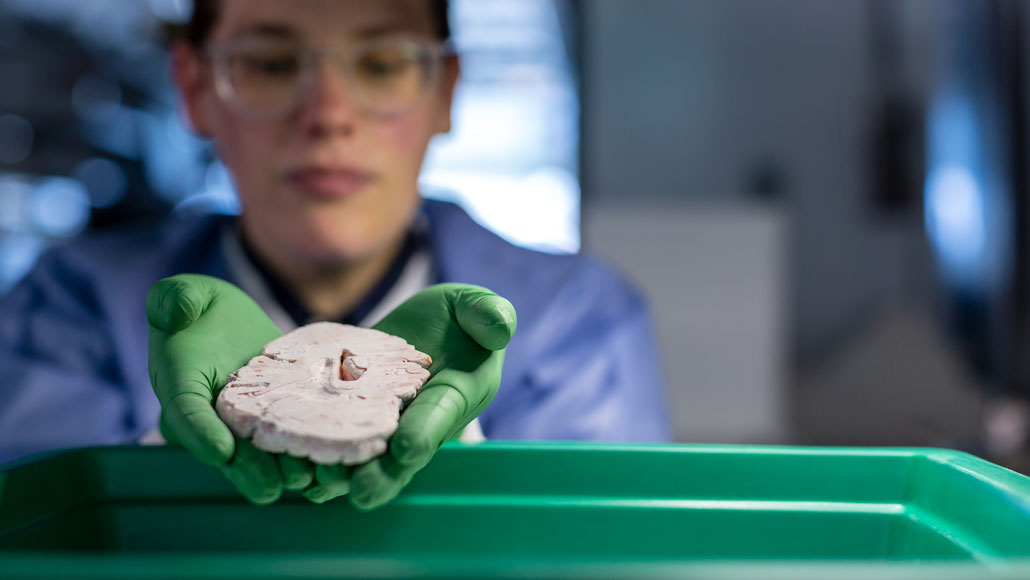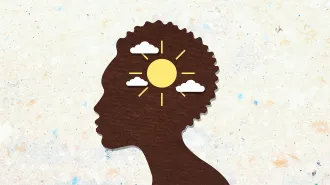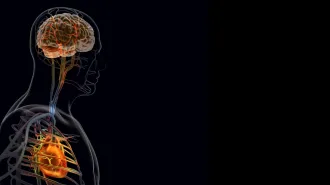What human and mouse brains do and don’t have in common
A sweeping comparison of cells from both species highlights key differences

A comparison of mouse brains with human brains, including this sample held by Allen Institute neuroscientist Rebecca Hodge, could have implications for research on depression, Alzheimer’s and other disorders.
Allen Institute







